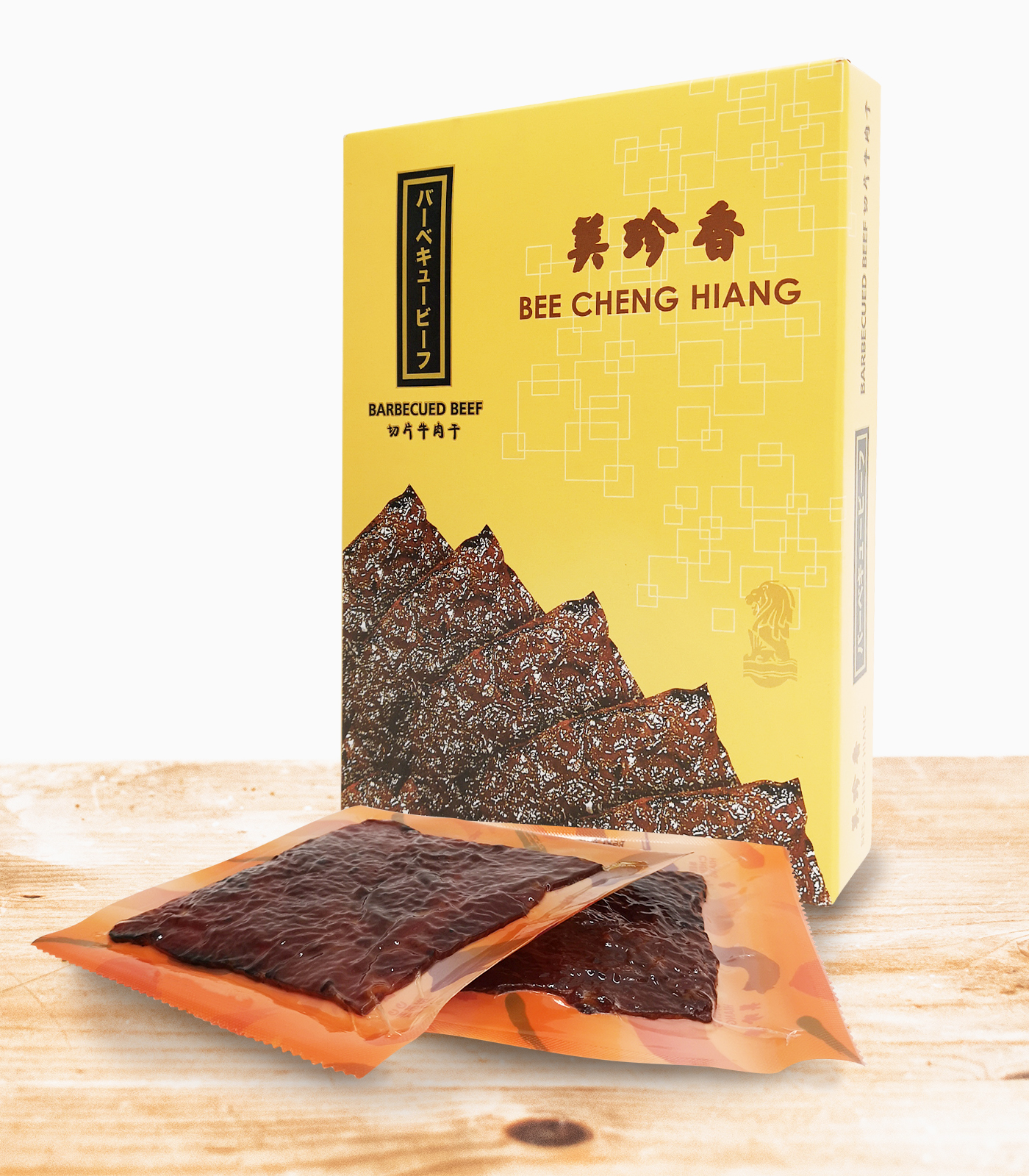Following the relatively recent news on a woman who had allegedly found a piece of glass in her bak kwa floss mooncake from Bee Cheng Hiang, the company that makes our beloved bak kwa is making headlines again.
Unfortunately, for another unpleasant reason.
On 17 March, the Singapore Food Agency (SFA) published a media statement in response to a report by the Hong Kong Consumer Council that stated that bak kwa contained high amounts of polycyclic aromatic hydrocarbons (PAHs).
High levels of PAH exposure may increase the risk of lung cancer and cardiovascular disease.
According to the South China Morning Post, the Hong Kong Consumer Council stated that they had found potentially carcinogenic PAHs after testing 30 samples of dried meat snacks.
Among the brands tested, Bee Cheng Hiang’s barbequed beef bak kwa had the highest amount of four PAHs at 18.2mcg/kg, surpassing the European Union (EU)’s limit of 12mcg/kg.
SFA and Bee Cheng Hiang Reassures That Bak Kwa Is Safe to Consume

Before you start looking for another snack to feast on for the next Chinese New Year, the SFA has already conducted an assessment and discovered that the reported PAH levels do not pose any food safety concerns.
This is because bak kwa is usually consumed occasionally and not regularly in large quantities.

They also shared that PAHs are formed when meat is grilled and pan-fried on high heat over an open flame.
When the fat and juices from the meat drip onto the heated surface or the open fire, flame and smoke are produced, and PAHs are found in the smoke, which then rests on the surface of the meat.
In an interview with The Straits Times, a representative from Bee Cheng Hiang said that their Hong Kong team is handling the situation and verified that their Hong Kong products comply with the Hong Kong Centre for Food Safety (CFS).
They also reassured that their bak kwa in Singapore is safe to eat, and the company adheres to SFA’s food safety requirements.
Would you be jailed for being half-naked in public? Well, the answer will shock you. Seriously. Watch this to the end and you'll understand:



